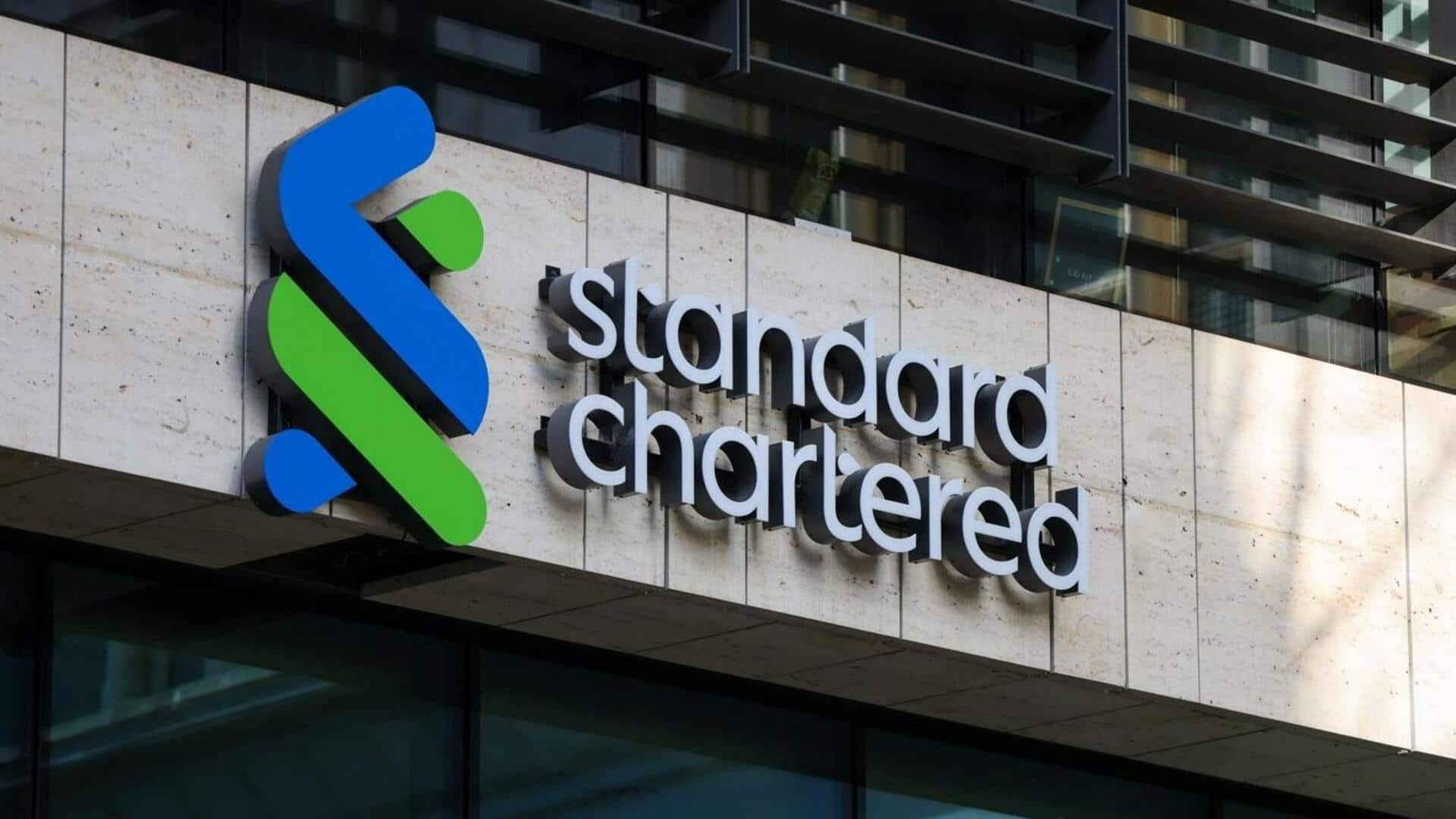
HSBC and Standard Chartered quit UN-supported climate targets validation scheme
What's the story
Four major banks, including HSBC and Standard Chartered Plc, have decided to leave the Science Based Targets Initiative (SBTi).
It is a United Nations-supported program that examines climate goals set by companies.
These banks are worried that SBTi's strict requirements might limit their ability to finance fossil fuel-dependent companies.
Societe Generale S.A. and ABN Amro Bank are also among the banks that have left the initiative.
Details
Banks cite membership in Net-Zero Banking Alliance for quitting
Some of the banks that left SBTi mentioned their membership in another UN-backed group, the Net-Zero Banking Alliance (NZBA), as reason for their departure.
NZBA is less strict and allows banks to finance fossil fuel-based businesses as long as they make progress on reducing emissions.
Many banks believe they should support fossil fuels for as long as economies rely on them.
The exit of these four banks raises questions about the most widely accepted standard for reducing greenhouse gas emissions.
What Next?
SBTi's new standard for financial institutions
SBTi has announced plans for a new standard specifically for financial institutions, which could be in place as early as 2024.
This standard would require asset managers and banks to stop financing new fossil fuel projects.
Standard Chartered confirmed its exit from the validation process, stating that SBTi's proposed standard did not adequately consider "the transition (away from fossil fuels) of our clients and markets."
The bank is now looking at setting science-based targets through NZBA.
Insights
Other banks remain committed to SBTi
Despite these four banks leaving, most major European banks that joined SBTi are still members.
Credit Agricole, ING, BBVA, and Swedbank told Reuters they remain committed to having SBTi validate their emissions targets.
SBTi has already approved certain targets set by NatWest, Commerzbank, and Raiffeisen. However, no major US bank has joined SBTi, choosing instead to follow NZBA's more lenient standards.